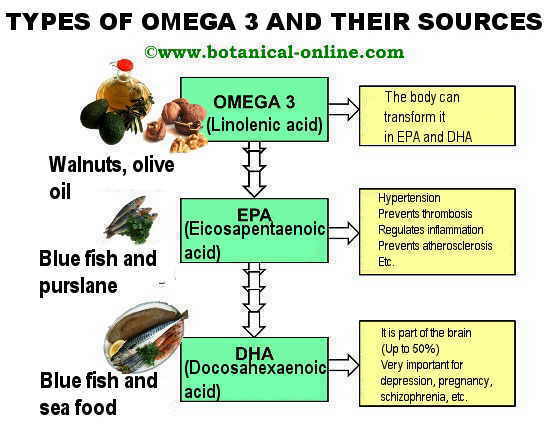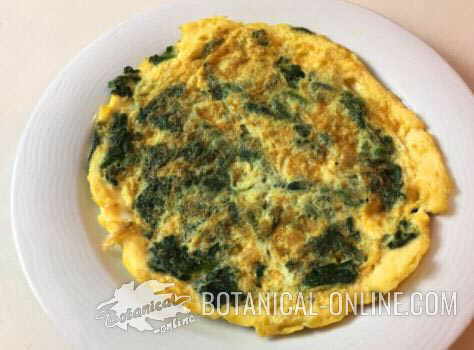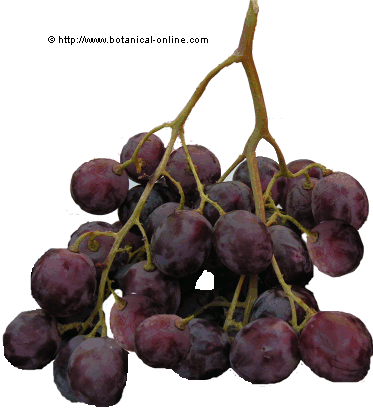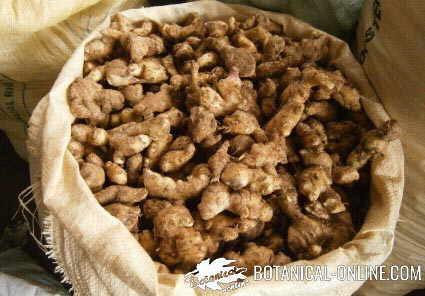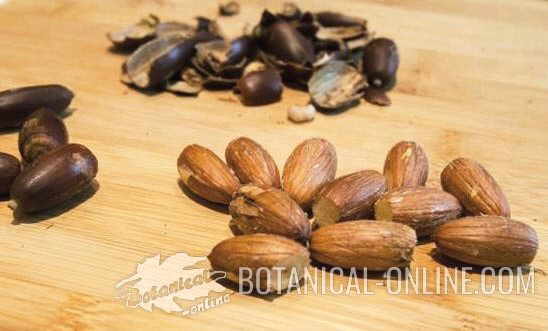Contents
Benefits and functions of serine nonessential amino acid
What is serine?
Serine is a nonessential amino acid from which the synthesis of other amino acids such as cysteine, glycine and tryptophan can be performed.
The latter is responsible for the production of serotonin, a neurotransmitter with a key to control mood.
It has been found that low levels of serotonin can cause personality changes and especially the appearance of seasonal depression.
The abbreviation of this amino acid is Ser. Chemically it is a hydroxyamino acid, containing an alcohol or hydroxyl group.
Properties of serine
– Serine interacts in the metabolism of fatty acids, controling cholesterol absorption and, therefore, it has cardiovascular benefits.
– It helps maintain our body immunity by producing antibodies and defenses as interferes with the synthesis of muscle.
– Serine has a cerebral protective effect, since it is part of the structure covering the cells of neural connections and neurons of the nervous system and its operation.
– It keeps in a good condition our enzyme system, preventing the onset of disorders.
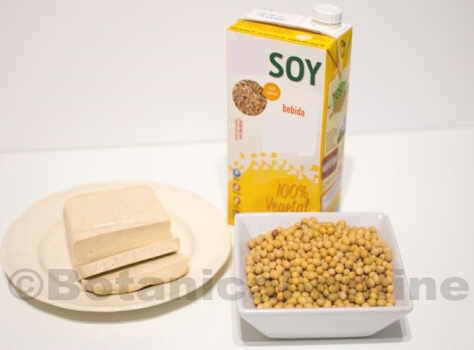 |
| Soy (and its derivatives: soymilk, tofu, tempeh,…) is one of the plant foods rich in serine. |
Contraindications of serine
There are no contraindications to consumer, unless suffering from a disorder related to the liver and kidneys, in which case, one must abstain from eating large amounts of amino acid.
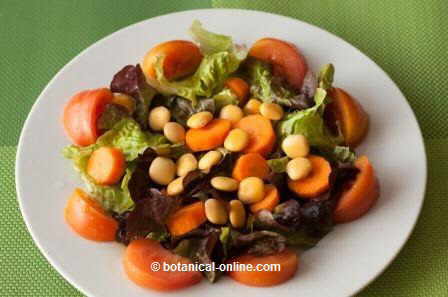 |
| Lupins are a very nutritious vegetable for its high content of amino acids. |
Foods containing serine
Animal foods are those that contain more serine, for example, fish (salmon, hake, monkfish, cod and fish broth)
Within plant foods, we include, for example, fenugreek or vegetables (spinach, cabbage, etc.)
* More information: Foods rich in serine
Serine supplements
Although you can take supplements of serine, it is recommended to meet the needs of this amino acid through a balanced diet. If supplementation is necessary, consult with the specialist before taking it.
* Related information:
– How to combine vegetable proteins
List of amino acids in food | |
Essential amino acids | Nonessential amino acids |
Phenylalanine, Isoleucine, Leucine, Lysine, Methionine, Threonine, Tryptophan, Valine | Aspartic acid, Glutaminic acid, Alanine, Arginine, Cysteine, Cystine, Glycine, Hydroxyproline, Proline, Serine, Tyrosine |
![]() More information on amino acids.
More information on amino acids.

